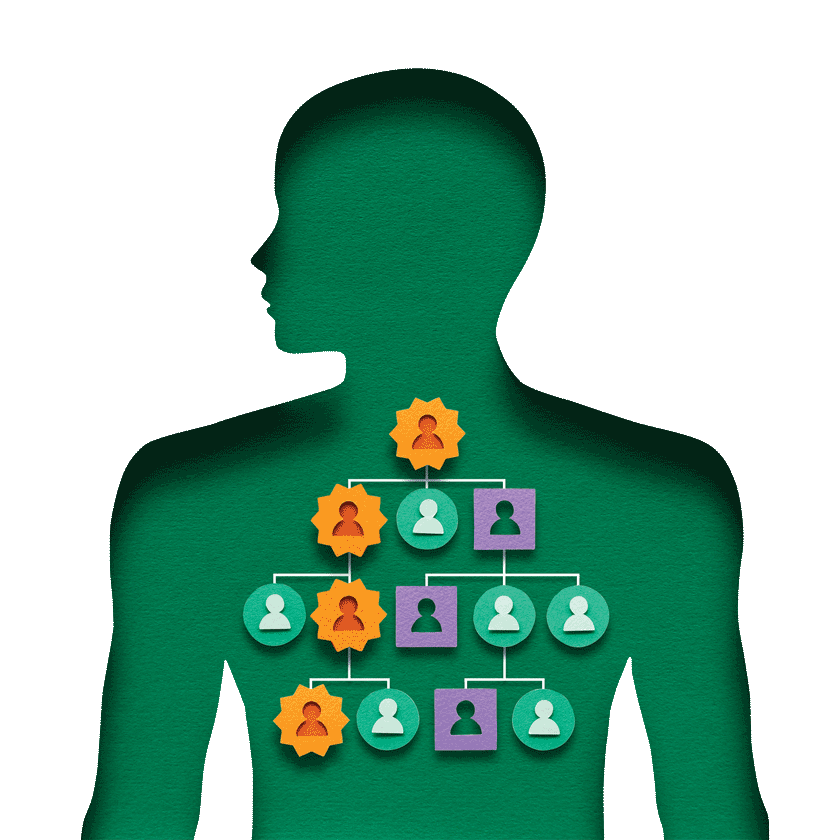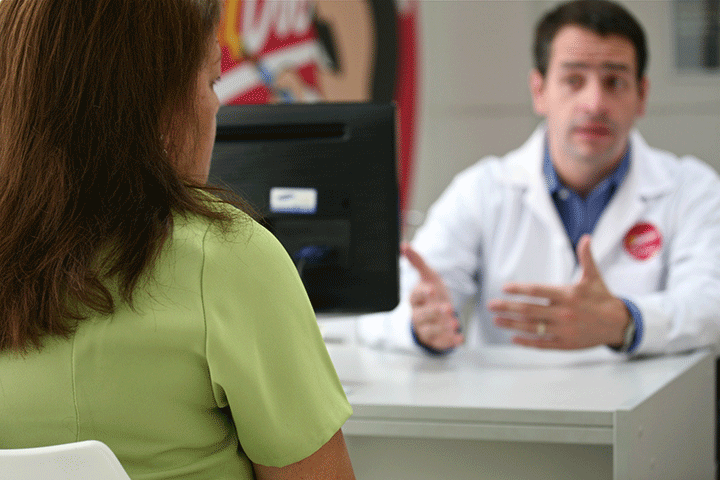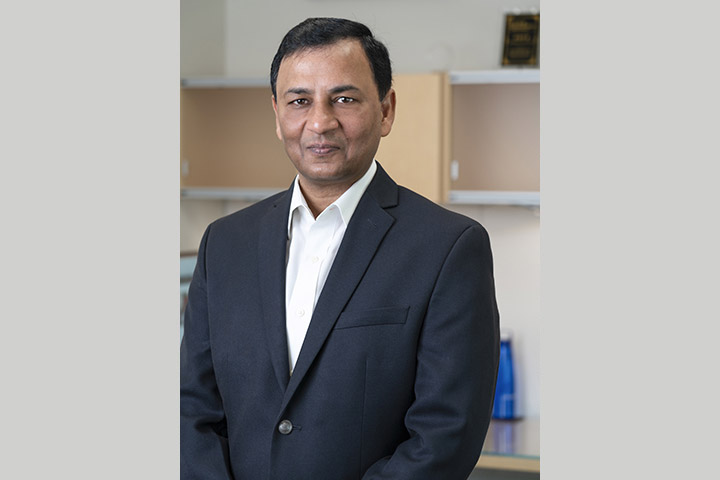Who Should Be Screened For Pancreatic Cancer

It’s likely you know that the sooner you diagnose any cancer—including pancreatic cancer—the better your chances of beating it and living longer.
Given the low five-year survival rate for pancreatic cancer patients, finding this cancer as early as possible is extremely important. However, unlike cancers such as breast, prostate, or colorectal, there is no simple test for pancreatic cancer.
Until a test is approved, screening is key, but who should be screened? Research has found that the connections between genetics, pancreatic cancer, and other cancers puts some people at greater risk of developing pancreatic cancer. The push is on to screen the people at highest risk of developing this disease.
Screening vs. Detection
For many, the difference between screening and detection can be confusing. Detection occurs when a person has certain symptoms and doctors actually find cancer.
Screening evaluates people who seem perfectly healthy but have known risk factors, such as a significant family history of pancreatic cancer, or other risk factors related to certain genetic mutations. People with risk factors such as pancreatic cysts or chronic pancreatitis might also consider regular screening. Otherwise-healthy people with any of these risk factors can work with their doctor to possibly detect the cancer sooner rather than later.
“The value of screening is to find pancreatic cancer at its earliest stage, when there are more treatment options,” says Allyson Ocean, M.D., a medical oncologist, associate professor of clinical medicine at Weill Cornell Medicine in New York.
The Connection Between Pancreatic Cancer, Genetics, and Other Cancers
Awareness is the key here. And one important thing to be aware of is the connection between certain genetic mutations and pancreatic cancer. These inherited mutations can be passed down from generation to generation, causing cancers along the way.
The best-known is the BRCA gene, which many people know as a gene that causes breast cancer when there are mutations. But mutated BRCA genes—in particular BRCA2—can also increase your risk for developing ovarian, prostate, and pancreatic cancers. In fact, BRCA2 mutations cause pancreatic cancer more often than all the other genetic mutations. In particular, BRCA2 germline mutations—ones passed to blood relatives—account for as much as 17 percent of pancreatic cancer that runs in families. BRCA mutations are more commonly found in Jewish people of Eastern European heritage and people of Northern European heritage, but anyone can carry BRCA mutations.
Another mutation that is concerning is PALB2, which is also associated with an increased risk of developing breast and pancreatic cancer. In fact, scientists call PALB2 a “pancreatic cancer susceptibility gene” because it makes you more likely to get the cancer.
Although BRCA1/2 and PALB2 are the best-known mutations that increase the risk for pancreatic cancer, there are a number of other concerning mutations. These include p16 (familial atypical multiple mole melanoma syndrome, or FAMMM), STK11 (Peutz-Jeghers syndrome), ATM (ataxia telangiectasia), PRSS1 (chronic pancreatitis), and MLH1, MSH2, MSH6, PMS2, and EPCAM (all associated with Lynch syndrome). These mutations are associated with other cancers and health conditions, such as melanoma, a number of digestive system cancers, colorectal polyps and colorectal cancer, reproductive system cancers, and hereditary pancreatitis.
Pancreatic cancer can also run in some families with no known genetic mutation. “That is why it is equally important to know your family’s medical history,” Ocean emphasizes.
Who Should Be Screened?
Figuring out whether you should be screened can be tricky. Fortunately, the Cancer of the Pancreas Screening Study (CAPS), based at Johns Hopkins Medicine in Baltimore, Maryland, offers some guidelines that can help. You should be screened for pancreatic cancer if the following applies to you:
- You have at least three blood relatives who have had pancreatic cancer, and one of them is a parent, sibling, or child;
- You have multiple second-degree blood relatives—aunts, uncles, grandparents, nieces, nephews—who have had pancreatic cancer;
- You have had genetic testing that shows you carry certain genetic mutations—BRCA1/2 and PALB2 are the most commonly linked to pancreatic cancer, but there are others;
- You have multiple family members with a history of breast, ovarian, prostate, or colorectal cancer;
- You have been found to have a pancreatic cyst, particularly an intraductal papillary mucinous neoplasm (IPMN);
- You have hereditary pancreatitis.
Ocean says, “If you have any questions about screening and whether you should be screened, always consult your doctor or other qualified medical professional.”
What to Know
First: Become familiar with the genetic mutations that increase your risk of pancreatic cancer—BRCA1/2, PALB2, p16, STK11, ATM, and PRSS1 are the best-known, but there are others. And understand that situations may call for additional testing or special testing. For example, if you are of Jewish heritage and have a family history of breast cancer, it’s a good idea to consider doing two things: Make an appointment with a genetic counselor and get tested.
Second: Learn more about the conditions that increase your chances of getting pancreatic cancer—such as hereditary pancreatitis or Peutz-Jeghers syndrome.
Third: Know your family history. Has anyone had cancer in your family? What type did they have? Does cancer seem to run in your family? If so, what kind? Does it include pancreatic cancer? And if you don’t know your family history, make it a point to ask those questions to first-degree relatives and others who might have that information.
While the decision on whether to get screened is not simple, exploring the possibility is an opportunity to discuss what you have learned about your family medical history with your doctor. After all, knowledge is power. The more knowledge you gain about pancreatic cancer, the more powerful you become in your fight against it.






